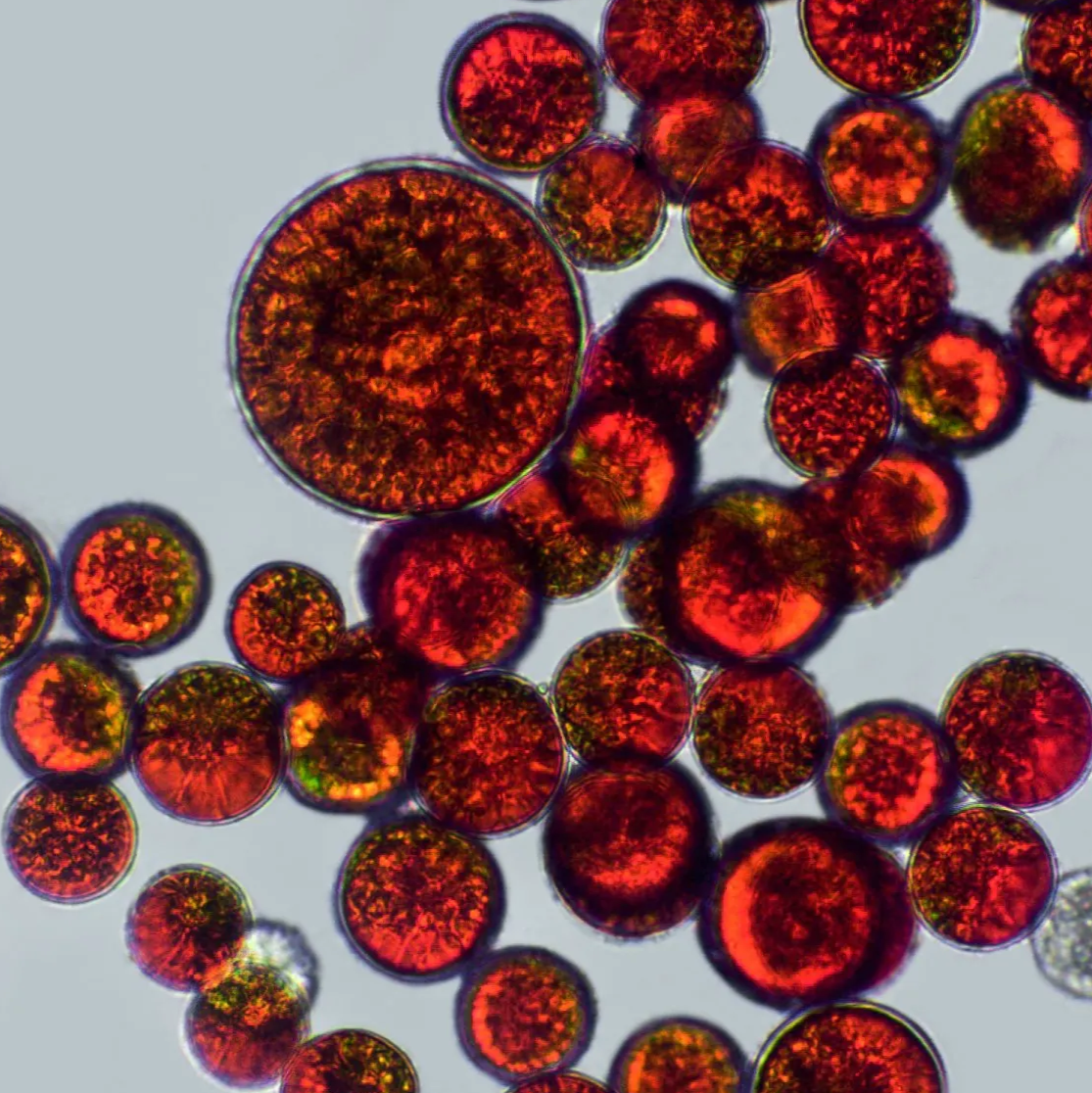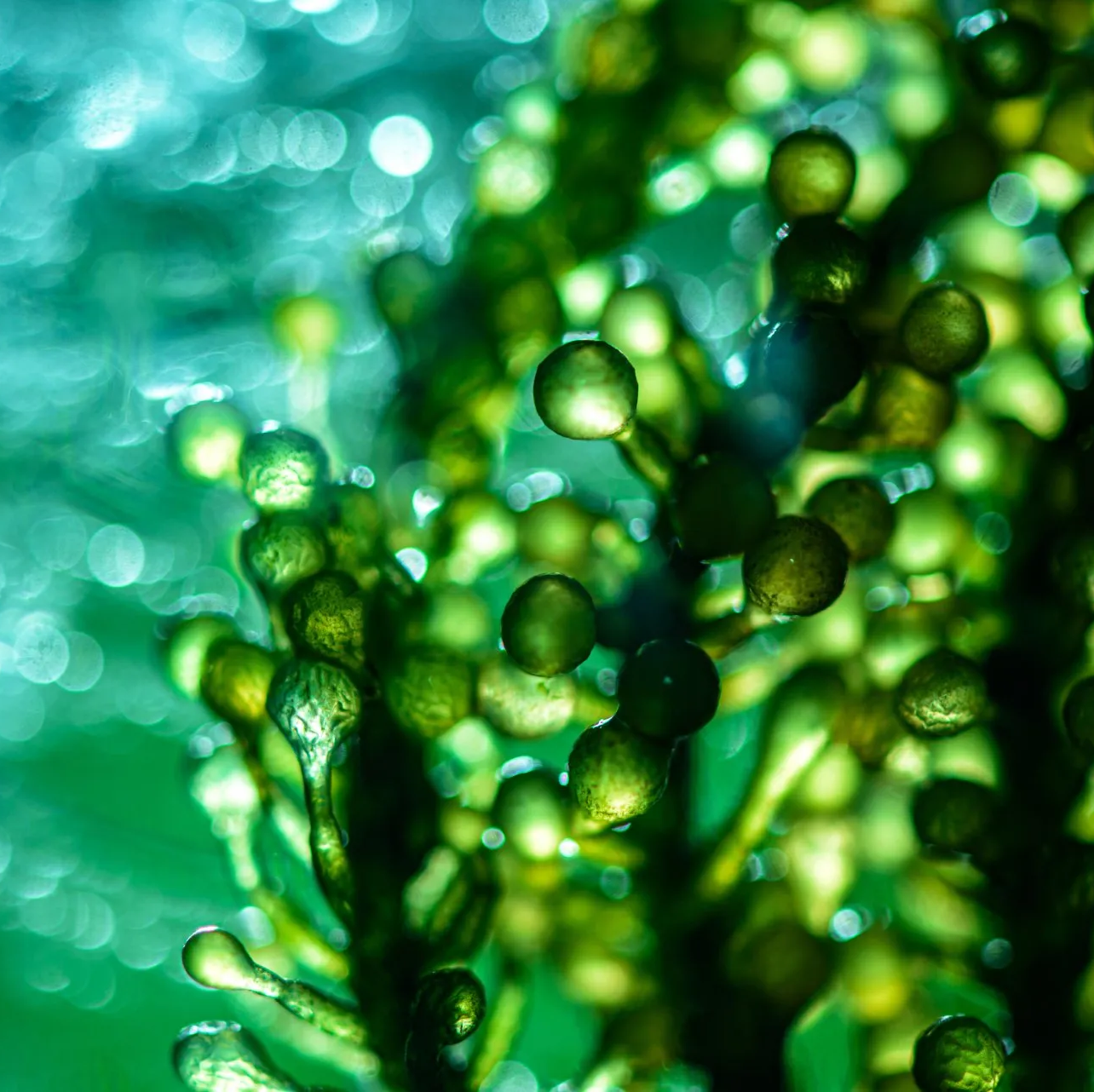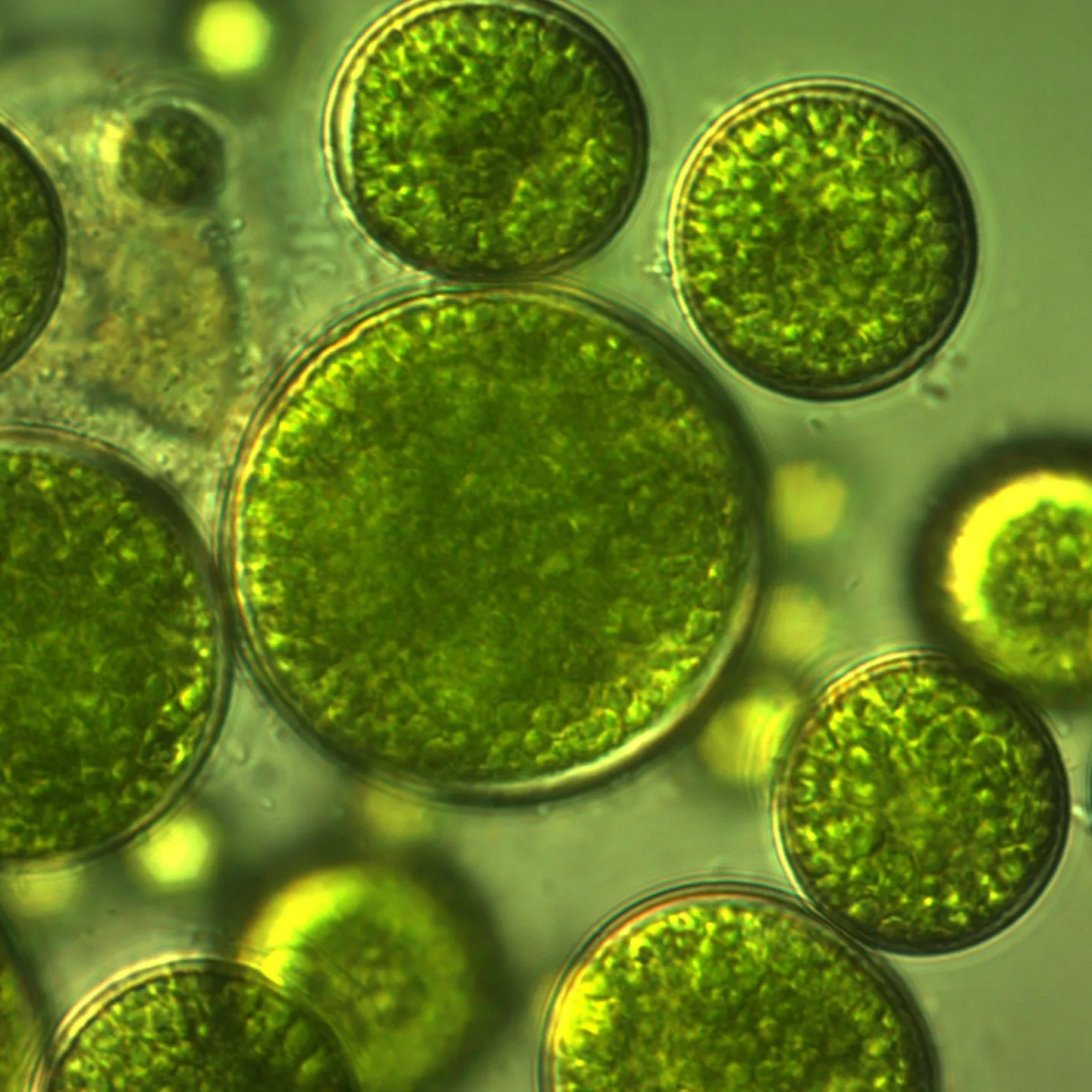Production
Why AllGaea? Why Partner with Us?
What Industries Benefit
from Algal Biomass?
Nutraceuticals
Different types of algae, specifically microalgae, could become more prevalent in food supplements and nutraceuticals. These algae species include Spirulina, Chlorella, Haematococcus, Nostoc, Botryococcus, Anabaena, Chlamydomonas, Scenedesmus, Synechococcus, Parietochloris, Crypthecodinium, Porphyridium. Given specific environmental factors and stressors, algae can be engineered to have high levels of carotenoids, omega fatty acids, and protein useful as supplements and food, and extremely helpful in improving and maintaining human and animal health.
Functional Foods
Due to their properties, algae is increasingly being used in fermented foods. Fermented products containing algae are very often dairy products: cheese, cream, milk, desserts, puddings, yogurt, cottage cheese, and ice cream. Algae work well as stabilizers in countless processed and shelf-stable foods.













